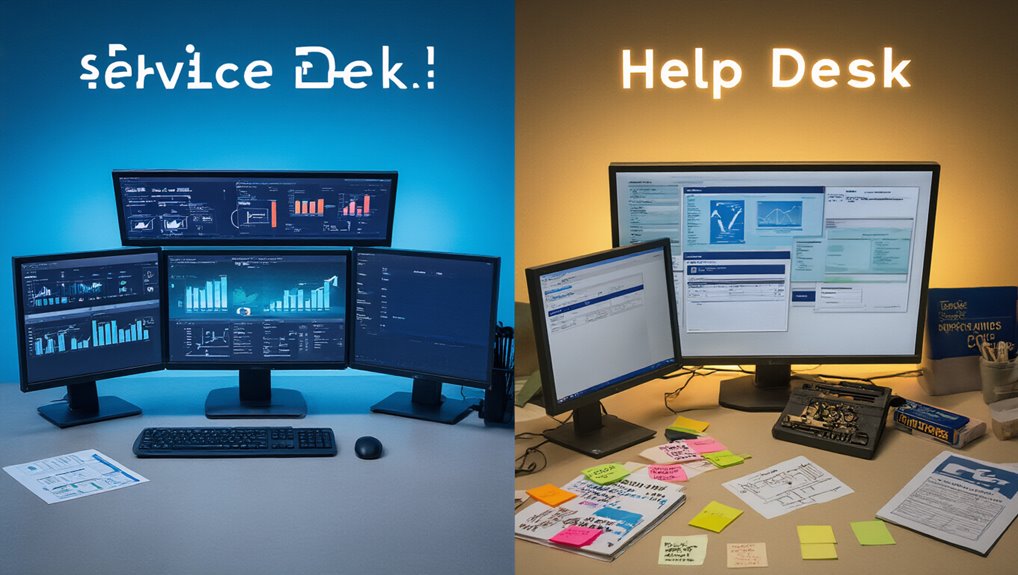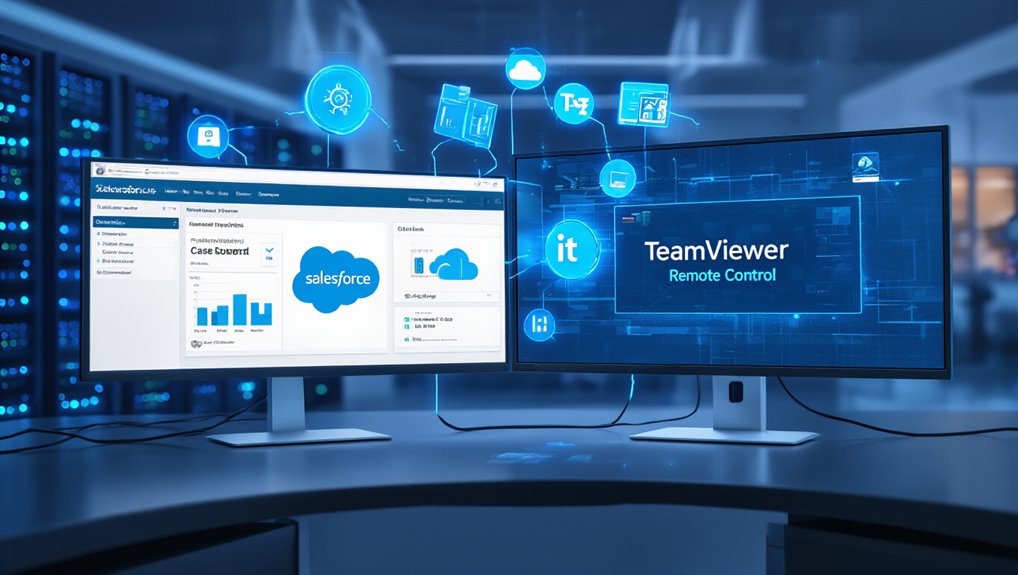As organizations increasingly adopt digital transformation initiatives, AI agents are revolutionizing help desk operations with unprecedented efficiency and resolution capabilities. These systems now resolve 40-60% of B2B support tickets automatically, with specialized implementations like ServiceNow AI handling up to 80% of inquiries without human intervention. This automation dramatically improves response times—reducing first contact delays by up to 97% in some cases—while simultaneously cutting resolution times by approximately 50%.
Despite these impressive capabilities, many AI agent implementations fall short of expectations. The primary reasons for these failures include:
AI agents promise transformative support experiences yet often disappoint through inadequate implementation and limited capabilities.
- Inability to handle ticket complexity and edge cases without proper runbook automation
- Fragmented customer context due to poor omnichannel integration
- Insufficient training data limiting natural language understanding
- Inappropriate deployment for complex issues without adequate human escalation paths
- Knowledge continuity challenges stemming from high service desk employee turnover
These shortcomings create frustrating customer experiences that undermine the very efficiency gains AI promises to deliver. Organizations that successfully implement AI agents overcome these challenges through strategic approaches that balance automation with human expertise.
Successful implementations begin with thorough omnichannel integration that provides AI agents with complete customer interaction history across all touchpoints. This context-rich foundation allows for more accurate issue identification and personalized responses.
Effective runbook automation further extends AI capabilities, enabling systems to navigate complex workflows and exception handling that would otherwise require human intervention.
The most successful organizations adopt hybrid models where AI and human agents collaborate synergistically. This approach leverages AI for quick resolution of routine matters while guaranteeing complex issues receive appropriate human attention.
Companies implementing these strategies report significant improvements, including average customer satisfaction increases of 31.5%, productivity gains of 13.8% more inquiries handled per hour, and operational cost reductions of up to 68% during peak periods. Advanced implementations can achieve 30-55% cost reduction compared to traditional support teams, while maintaining higher quality service.
Early adopters of AI agent technology demonstrate exceptional performance with nearly 100% resolution rates for appropriate tickets, proving the immense potential of well-implemented systems.
Implementing AI-powered ITSM solutions can lead to generative AI integration in ticketing systems that reduces resolution times by up to 75% compared to traditional methods.
To maximize AI agent success, you must view implementation as an ongoing process rather than a one-time deployment. Regular model training, performance monitoring, and iterative improvement based on both customer feedback and agent performance metrics guarantee your AI systems continuously evolve to meet changing support needs.









